Philip Kitcher Famous Quotes
Reading Philip Kitcher quotes, download and share images of famous quotes by Philip Kitcher. Righ click to see or save pictures of Philip Kitcher quotes that you can use as your wallpaper for free.
Was Mann himself fully aware of all the facets of his irony? Probably not - any more than Shakespeare was fully aware of all the riches subsequent critics have found in his plays.

In working towards ways of reading Mann, so that his own advances in suggesting new perspectives will become more vivid, I do some fairly standard philosophical analysis of ideas in Nietzsche and Schopenhauer.
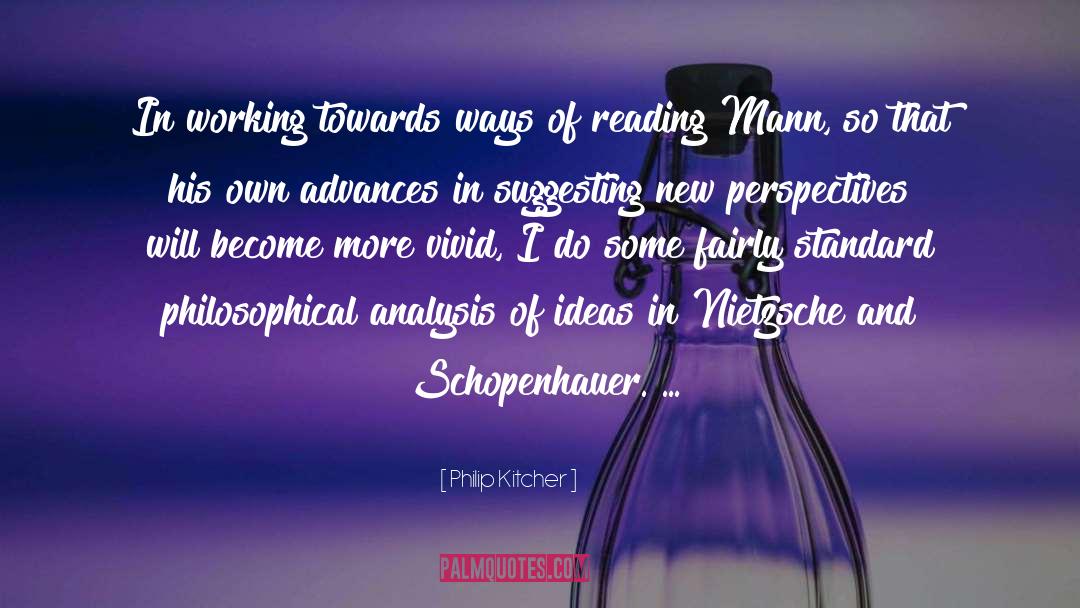
I suspect that any worthwhile exploration of these deep questions about living requires going beyond abstract discussions to the vivid presentation of possibilities. If readers are to be prompted to serious examination of their lives, anatomy isn't enough. We have to be stimulated to imagine, in some detail, what it would be like to live in particular ways.
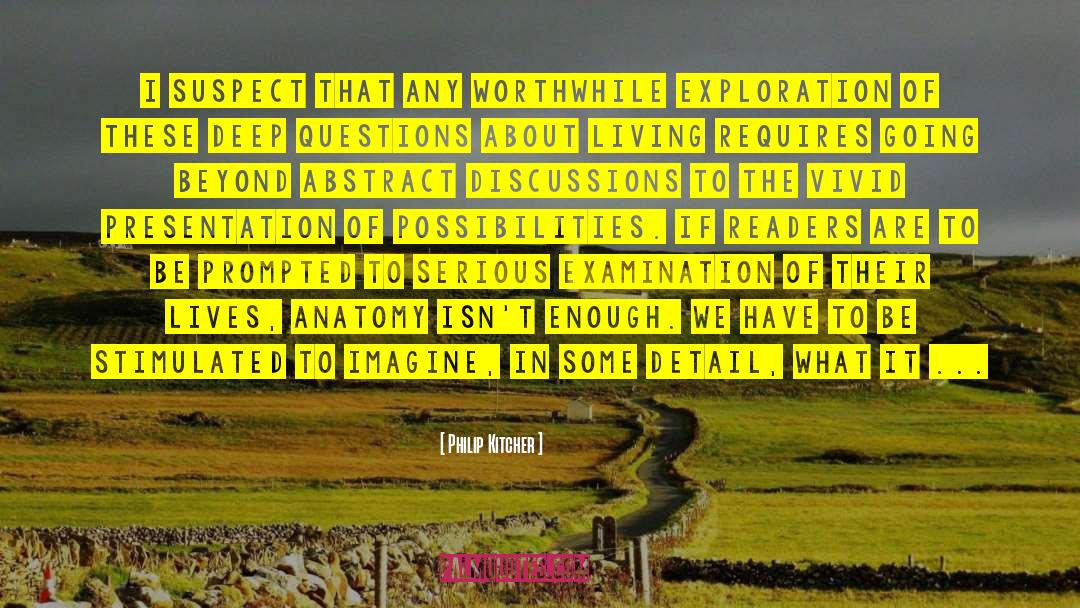
Mann's sexuality and his attitudes towards it are extremely complex - and the complexities are inherited in the figure of Aschenbach. Mann had lived through a series of (almost certainly unconsummated) relationships with young men.

My ethical naturalism sees us as facing the predicament of being social animals without evolved adaptations that make social life easy. The fundamental problem that sparks the ethical project lies in our limited responsiveness to one another. The only way we have to address that problem is through a representative, informed, and engaged conversation.
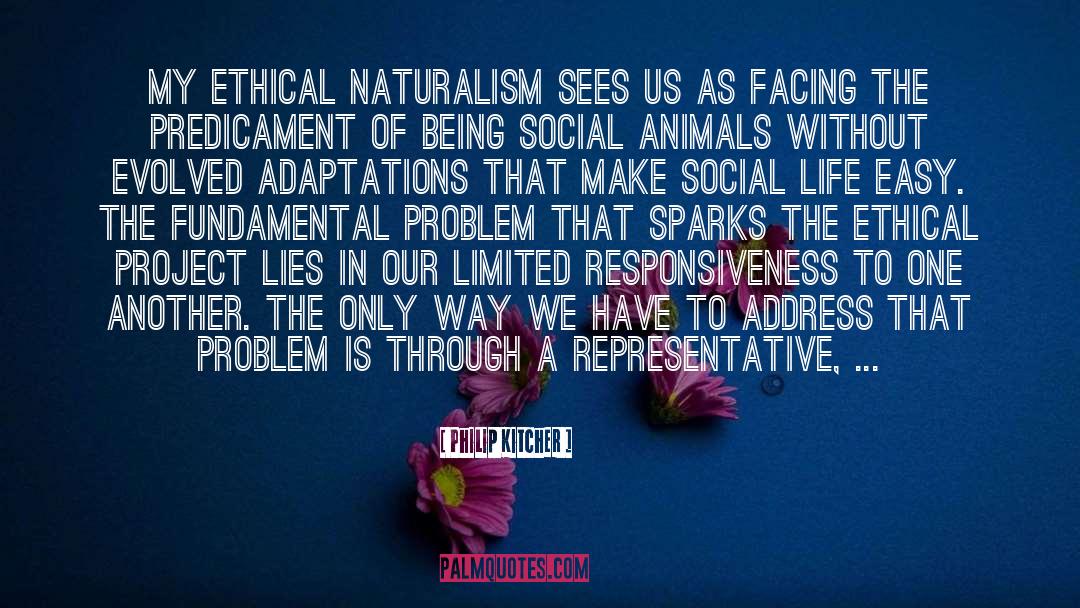
There are many critics whose work I greatly admire. Even though I diverge from T.J. Reed in several important ways, I've learned greatly from his writings on Mann.
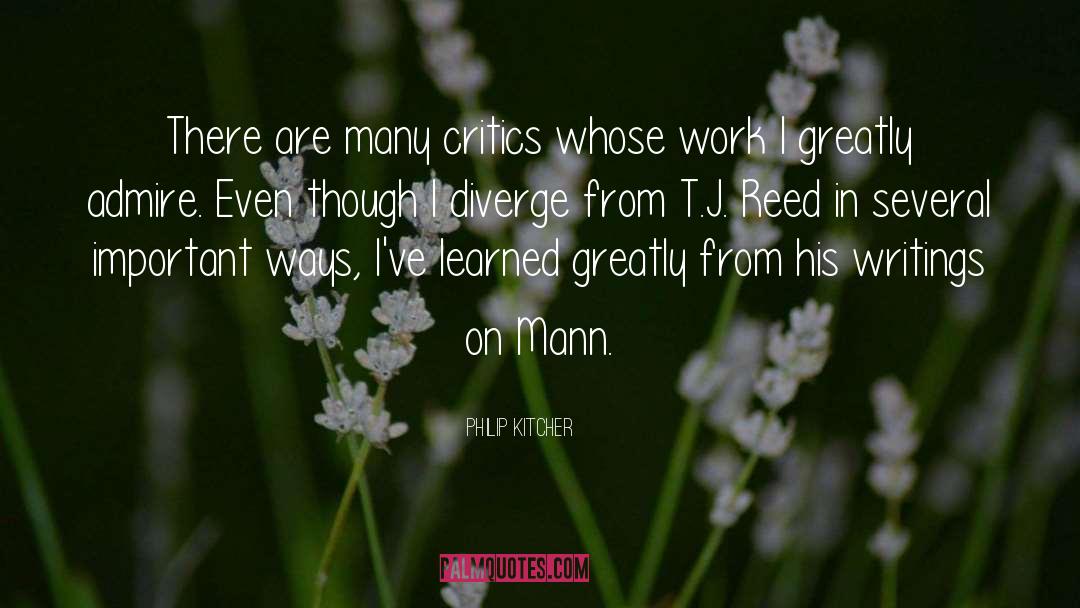
Conclude, what Thomas Mann really wanted was a limited physical relationship with beautiful young men: the opportunity to gaze at them, an occasional touch, a restrained kiss. That isn't a surrogate for what he'd like to have if he were somehow free from social constraints. It's what the young Platen wanted, it's what he wanted - and it's what his Aschenbach wants.

I intend Deaths in Venice to contribute both to literary criticism and to philosophy. But it's not "strict philosophy" in the sense of arguing for specific theses. As I remark, there's a style of philosophy - present in writers from Plato to Rawls - that invites readers to consider a certain class of phenomena in a new way. In the book, I associate this, in particular, with my good friend, the eminent philosopher of science, Nancy Cartwright, who practices it extremely skilfully.
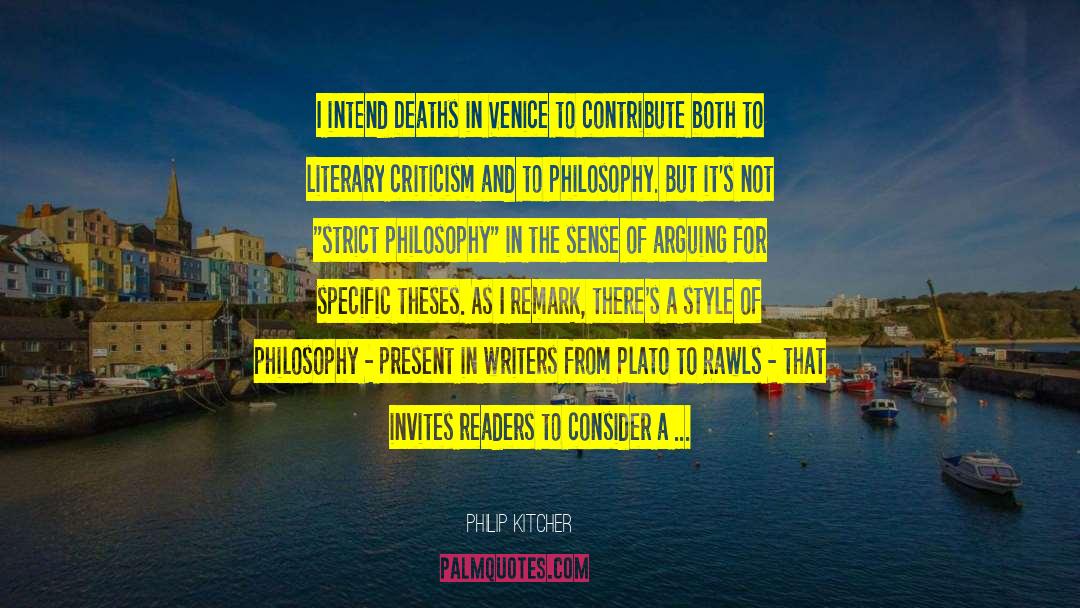
The more you read the novella, the more you should wonder, I think, which judgments are to be taken as bedrock.
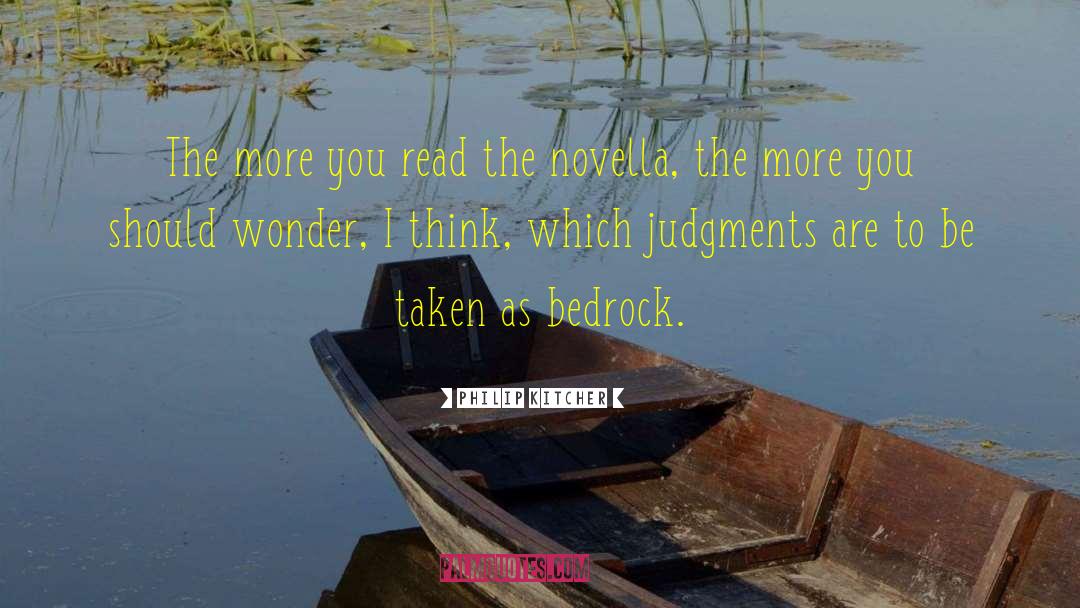
After two years of undergraduate study, it was clear that I was bored by the regime of problem-solving required by the Cambridge mathematical tripos. A very sensitive mathematics don recommended that I talk to the historian of astronomy, Michael Hoskin, and the conversation led me to enroll in the History and Philosophy of Science for my final undergraduate year.

First, my frame of reference for the Britten opera shifted. I'd always thought of Britten's approach in Death in Venice as another exploration of the plight of the individual whose aspirations are at odds with those of the surrounding community: his last opera returning to the themes of Peter Grimes. As I read and listened and thought, however, Billy Budd came to seem a more appropriate foil for Death in Venice.

For anyone who conceives literature in terms of plurality of perspectives, Finnegans Wake has to be the apogee. For, as we are told, every word in it has three score and ten "toptypsical" meanings - an exaggeration, of course, but an important reminder to readers who like their fiction definite.
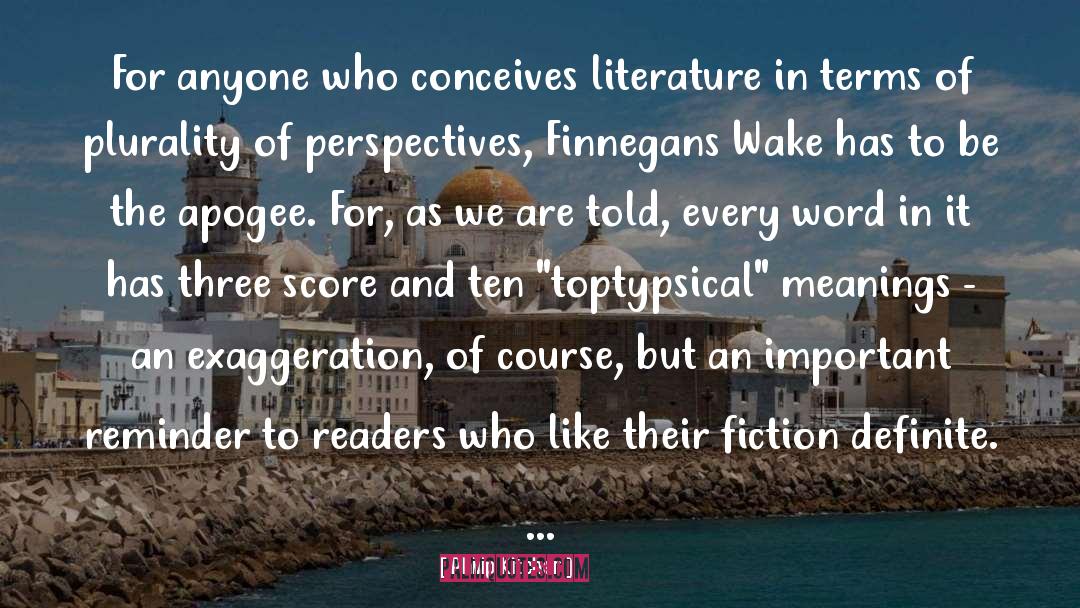
I suggest in my own discussion of this episode, Mann invites us to set the attempt to philosophize about his predicament in the context of Aschenbach's life. The literary presentation thus adds to the naked philosophical skeleton.
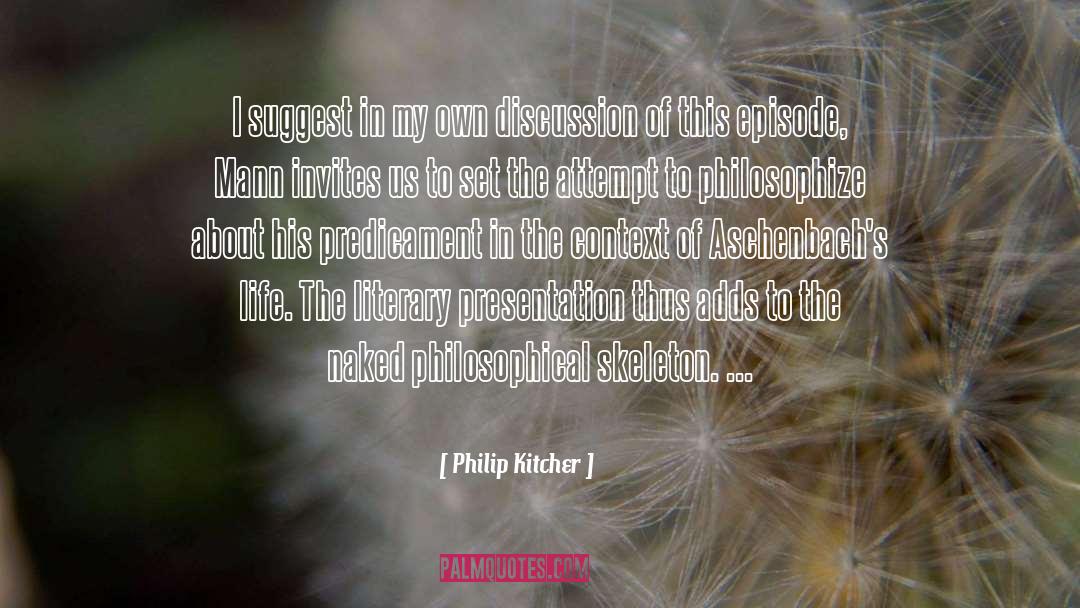
For a pragmatist like me, the important issues concern the words we might deploy to achieve our purposes, rather than the language we actually use.
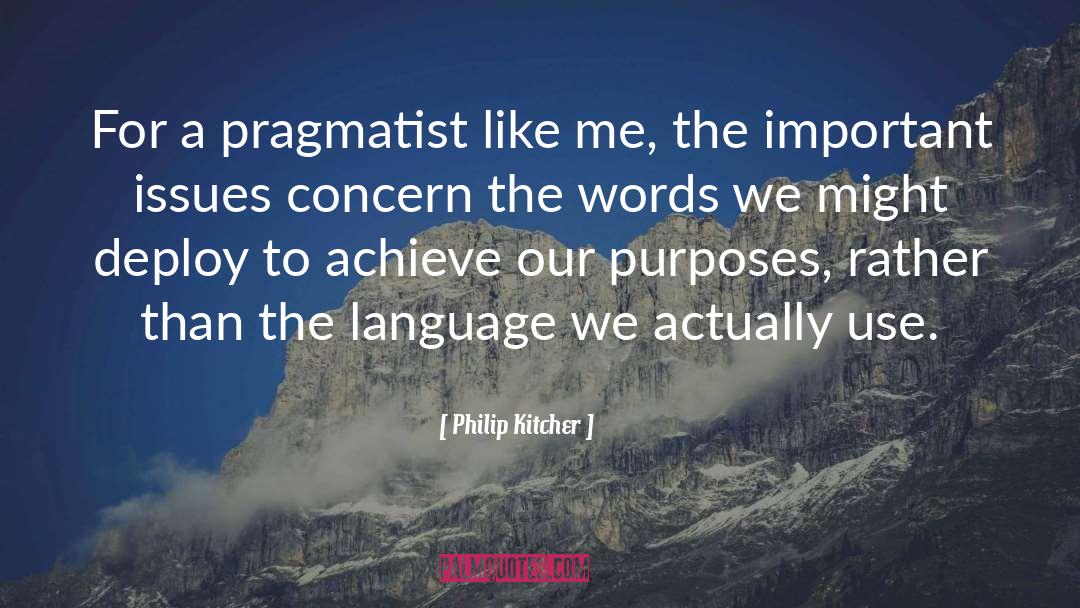
In ethics, we don't make progress by discovering pre-existent truths; we do so by solving problems.
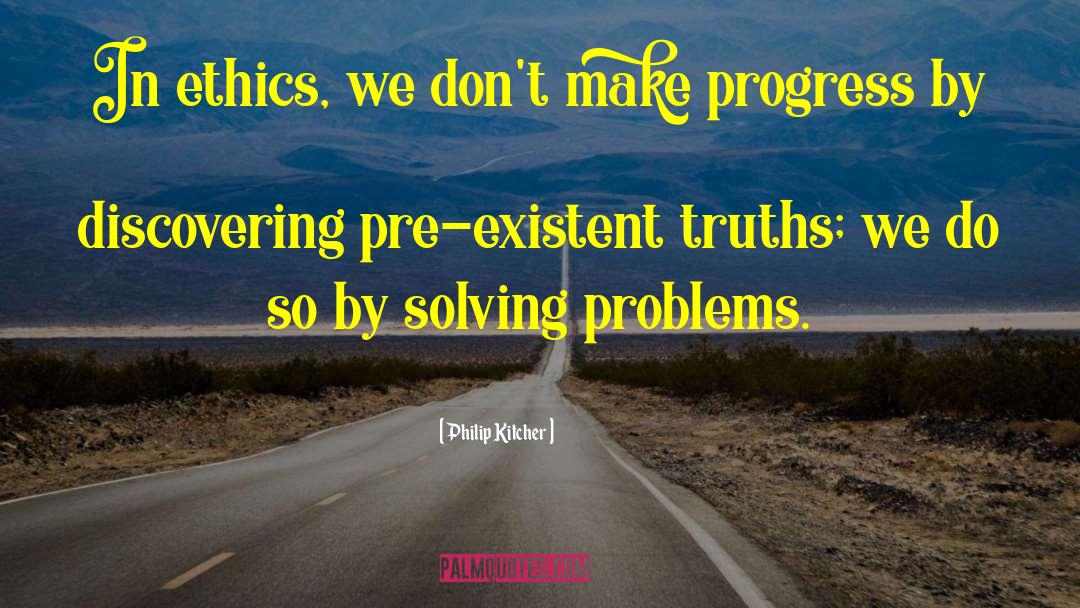
The variety within Mann's fiction is impressive and fascinating. But Joyce is even more various and many-sided. He begins his career with a wonderful sequence of bleak studies about the ways in which human lives can go awry - in my view, Dubliners is underrated.

Presenting Aschenbach as a composer - based on Mahler - leads to some dreadful scenes (especially those in which Aschenbach is berated by his student), and it surely distorts the character Mann created. Yet, we know that Mann's novella was based on a holiday in Venice he took with his wife and brother, and that while he was there he followed the reports in the German newspapers, describing the dying Mahler's progress as he returned from New York to Vienna.

The balance between literature and philosophy in Schopenhauer and Nietzsche is different from that struck in the novella, but, as Mann clearly pointed out in his writings about both thinkers, both modes are present.

Look at Mann's reading habits, his explicit comments on Nietzsche, and his copy of Birth of Tragedy, and it starts to seem doubtful that this work of Nietzsche's played much role in the gestation of the novella.
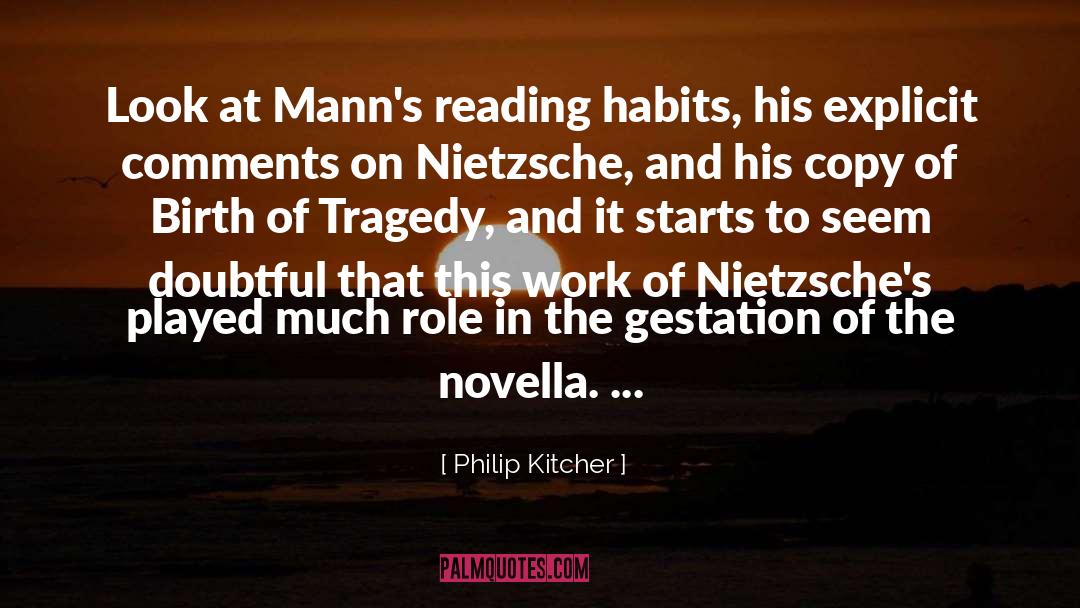
Using the Adagietto of Mahler's Fifth is one of the touches of pure genius in Visconti's film (even though Mahlerians complain very loudly that the piece has been ruined), since it corresponds perfectly to Aschenbach's yearnings and to his circling walks around Venice.

I have enormous respect for Derek Parfit, although he seems to me bound within an unfortunate philosophical tradition - rather like the extraordinarily brilliant exponents of Ptolemaic astronomy in the Middle Ages.
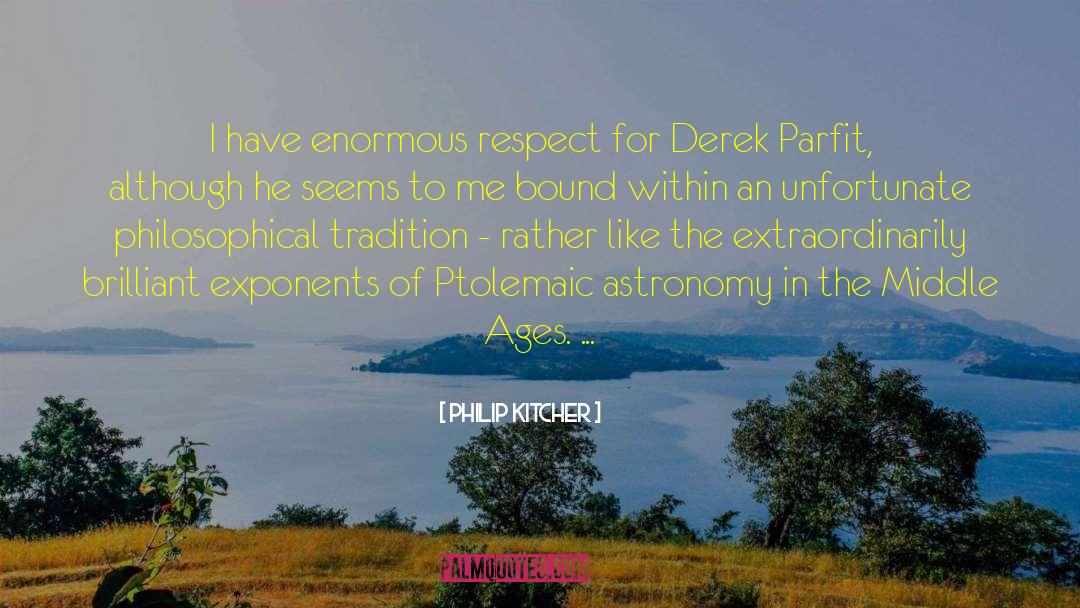
Britten's opera tends to see things in simpler terms. It portrays an Aschenbach who wants a richer form of sexual fulfillment, and who is hemmed in by the social conventions to which he subscribes. But Visconti's use of the Mahler Adagietto is perfect for what I take to be Aschenbach's sexual desire.

If the research agenda reflects "market forces", the problems of the poor are likely to be even more neglected than they already are.

After the success of Buddenbrooks, he married and fathered six children. Yet the surviving diaries tell us of recurrent sexual problems - and of Katia Mann's extremely sympathetic response to them

I'm very suspicious of the idea of a "final theory" in natural science, and the thought of a complete system of ethical rules seems even more dubious.
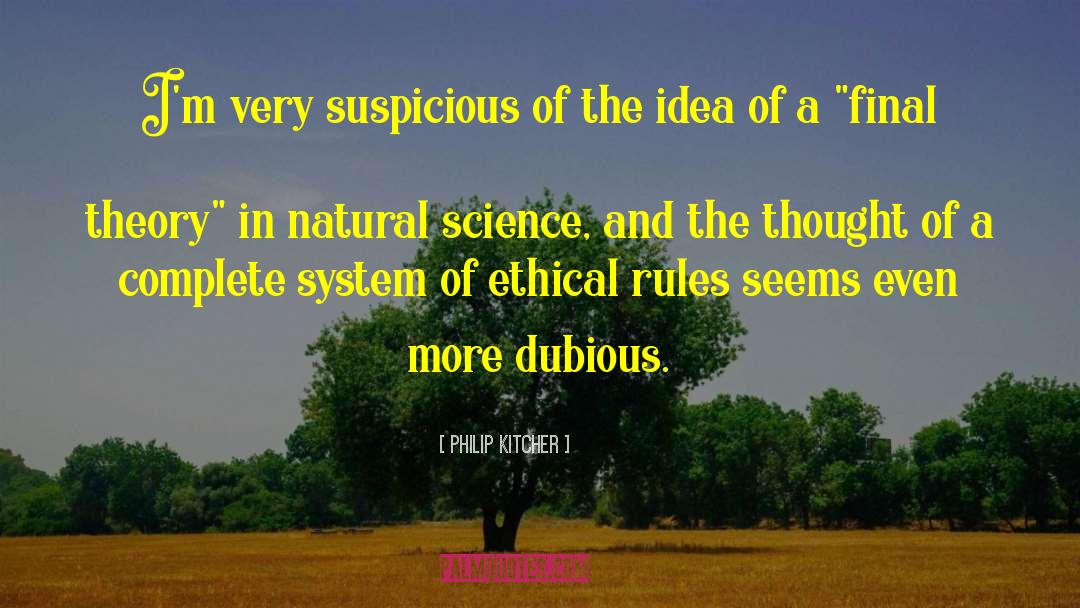
I argue against literal interpretation of religious doctrines. Religions make progress when they emancipate themselves from literalism, and take their doctrinal statements to be metaphors or allegories.

It is hard to hide our genes completely. However devoted someone may be to the privacy of his genotype, others with enough curiosity and knowledge can draw conclusions from the phenotype he presents and from the traits of his relatives.
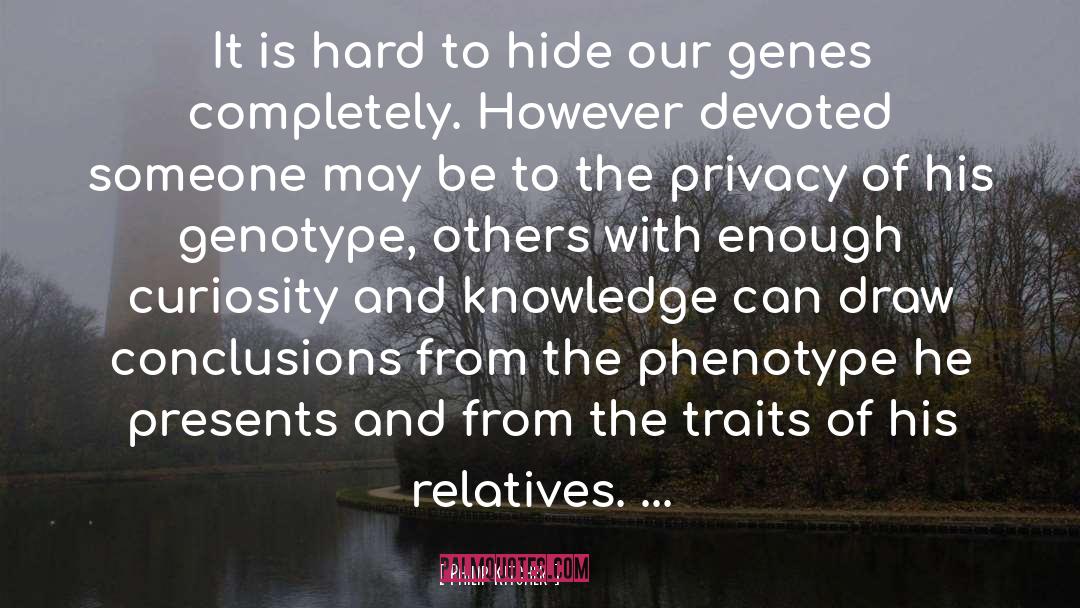
When we read a literary work (or, in some instances, listen to music) our imagination is stimulated, we feel various emotions, and we arrive at new judgments. These attitudes are brought into relation with many others, including our standing tendencies to think and feel in particular ways, and we try to fit our psychological capacities and responses together.
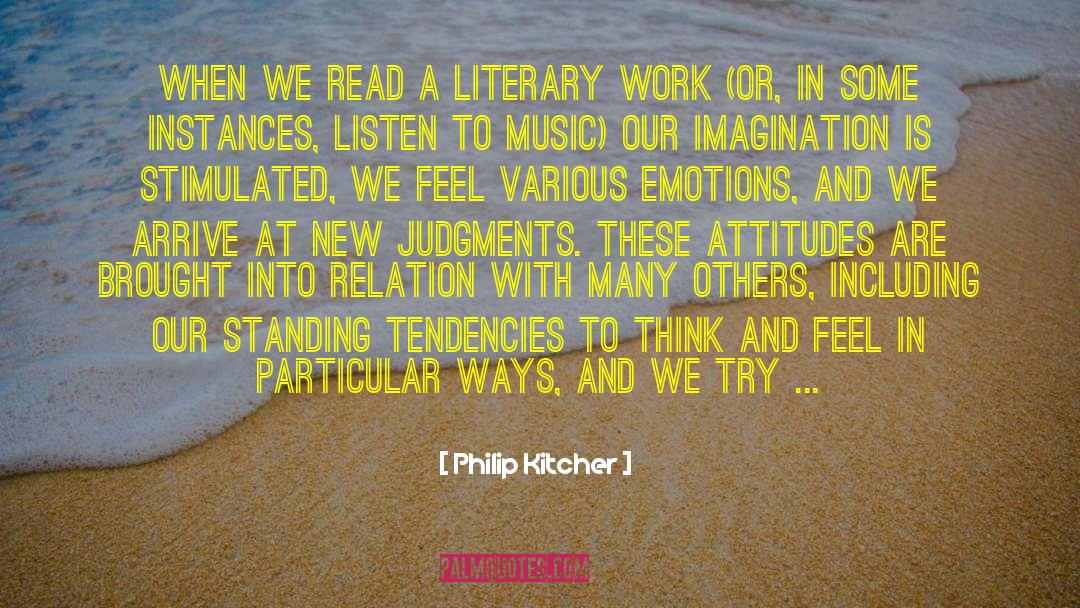
Experiments work when, and only when, they call into action cognitive capacities that might reliably deliver the conclusions drawn.
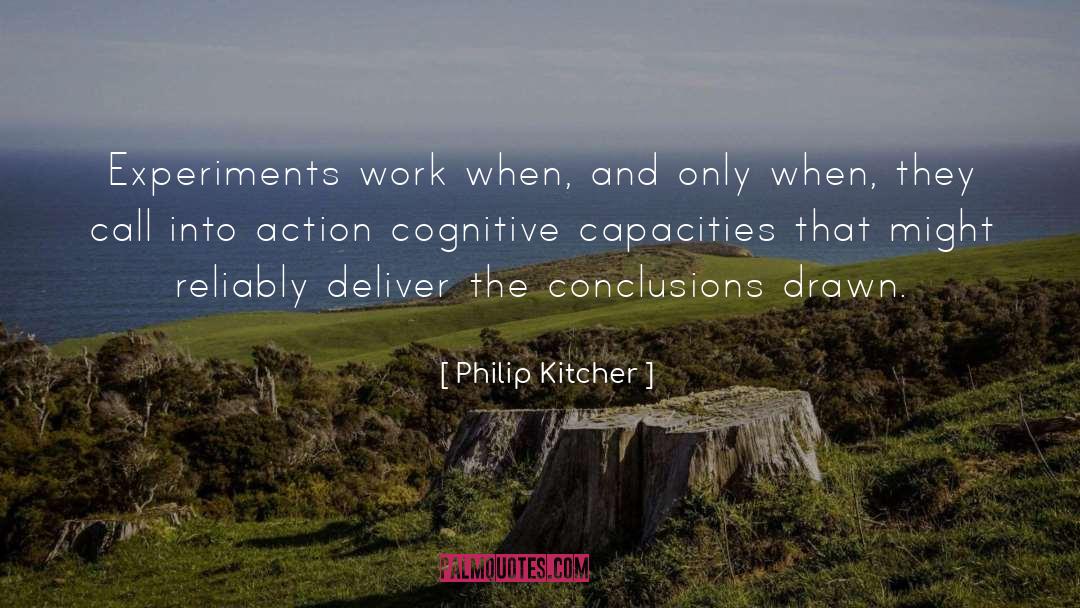
The result can be quite new - perhaps a tendency to judge that something we've never conceived of is possible, or to feel sympathy for a trait or a type of person whom we've regarded with indifference or even hostility.
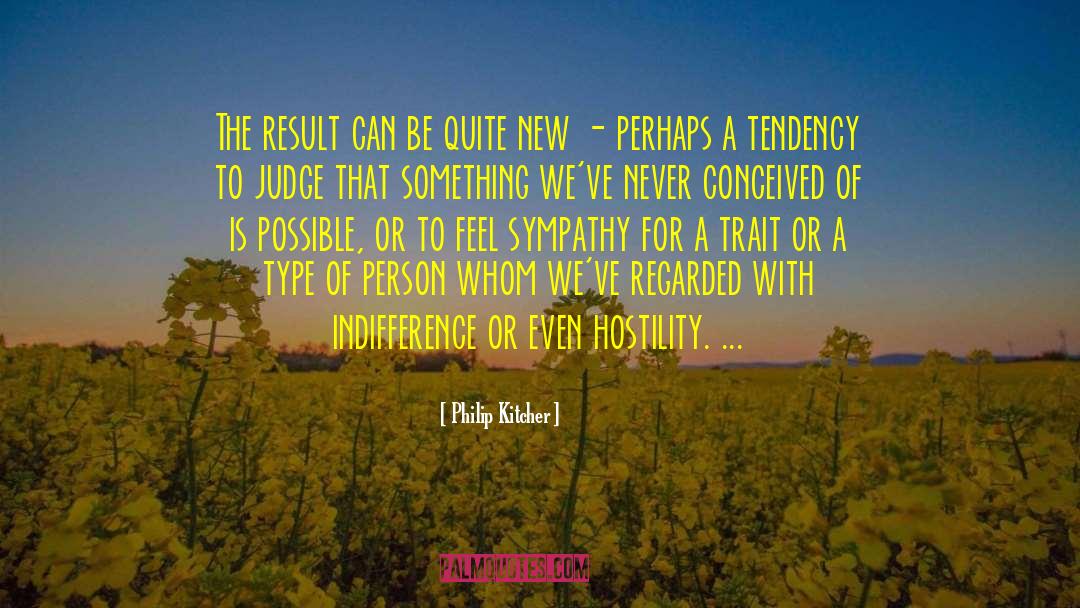
In elaborating how "philosophy by showing" works, and in defending the idea that literature and music can contribute to philosophical "showing", I am also doing something more standardly philosophical. But I view most of the book as an interweaving of philosophy and literary criticism. If that entails a broadening of a standard idea of philosophy, it's a broadening I'd like to see happen.
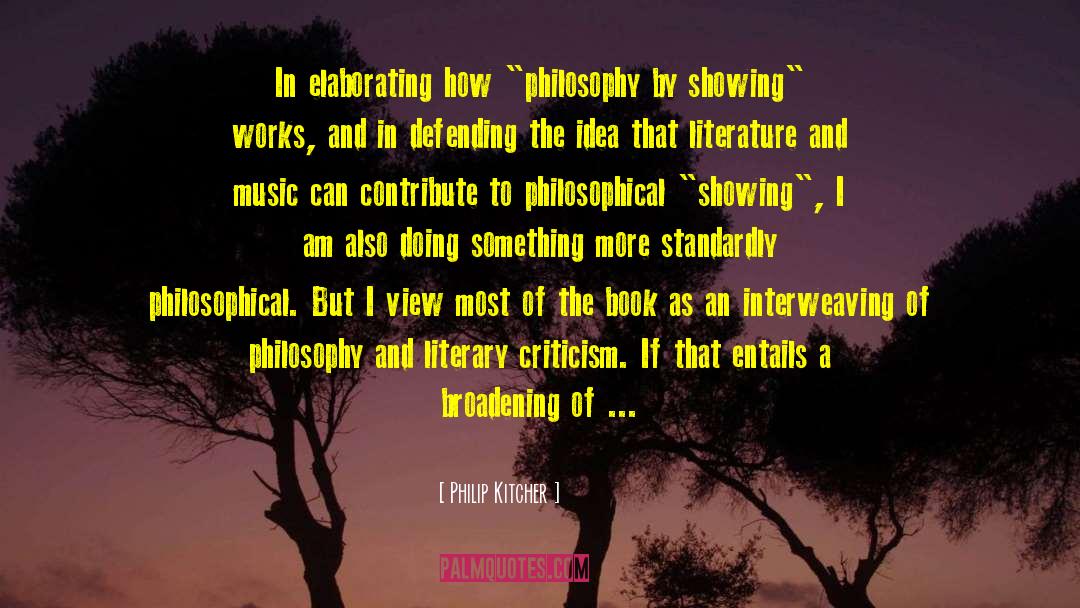
In my view, all students should be given an initial opportunity to pursue the science track as far as it goes. But for those who quickly decide that track isn't for them, a different style of teaching is in order.

Read Mann's notes, which contain precise accounts of cholera and its symptoms, and observe how careful he is throughout his fiction in getting medical details straight - then you might begin to wonder whether cholera is the only candidate for the cause of Aschenbach's death. What results from this, I think, is a deeper appreciation of Mann's brilliance in keeping so many possibilities in play. The ambiguity is even more artful than people have realized.

Wilhelmine Germany was hostile to the expression of same-sex love - and, of course, Mann would have known of the fate of Oscar Wilde. His early reading of Platen's poetry, and, probably when he was in his early twenties, of Platen's diaries, introduced him to a form of sexual expression he found profoundly congenial. It's not quite Platonic.

Even though I want to expand the number of ways in which skilful ironic play happens, I suspect I'm probably guilty of the same shortcoming - and I hope that, one of these days, someone will claim that my book, while it goes in a salutary expansive direction, doesn't go far enough, that there are assumptions I make that show I've missed aspects of Mann's irony and ambiguity.

Both Ulysses and Finnegans Wake are inexhaustible. They are celebrations of the ordinary, compelling reactions to philosophical elitism about "the good life". I hope to examine both of them further, doing more justice to Joycean comedy than I did in my "invitation" to the Wake, and trying to understand how the extraordinary stylistic innovations, particularly the proliferation of narrative forms, enable Joyce to "see life foully" from a vast number of sides.

When I try to outline the history of ethical life, it's sometimes possible to find evidence for a hypothesis about how important transitions actually went. Often, however, that isn't so. There are many facts about human life in the Paleolithic we're never likely to know.
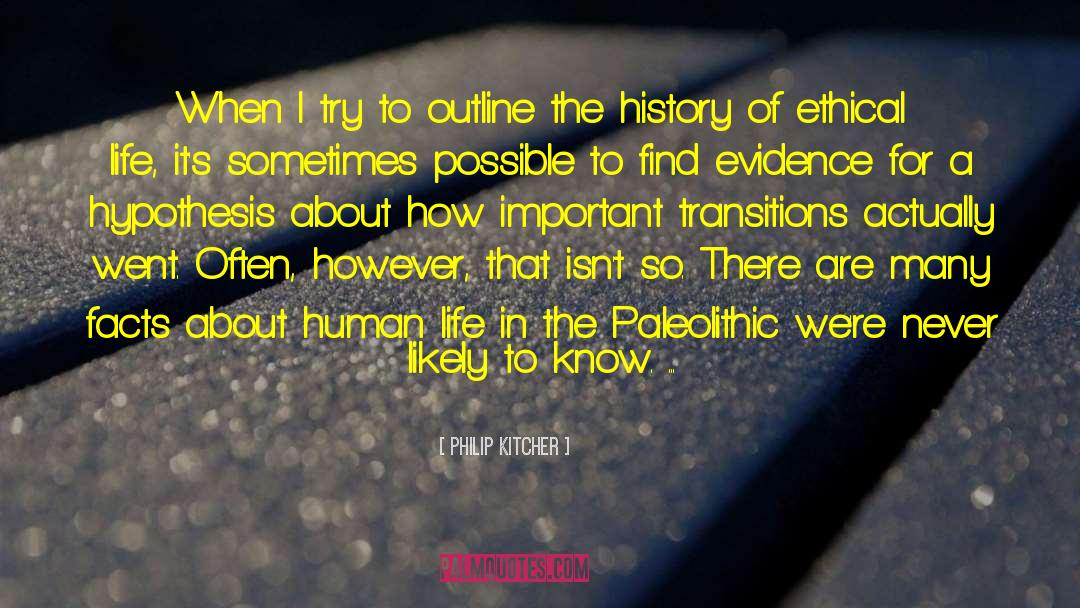
The theory of evolution explains to us what our ancestry has been. It does not explain away our worth. Why should we be afraid to learn more about what we are?

The moment in which the narrator, reaching for his boots, becomes vividly and lastingly aware of the finality of his grandmother's death is another such moment. It would be interesting to explore Proust's great novel from the perspective of seeing how stable synthetic complexes are formed and modified.
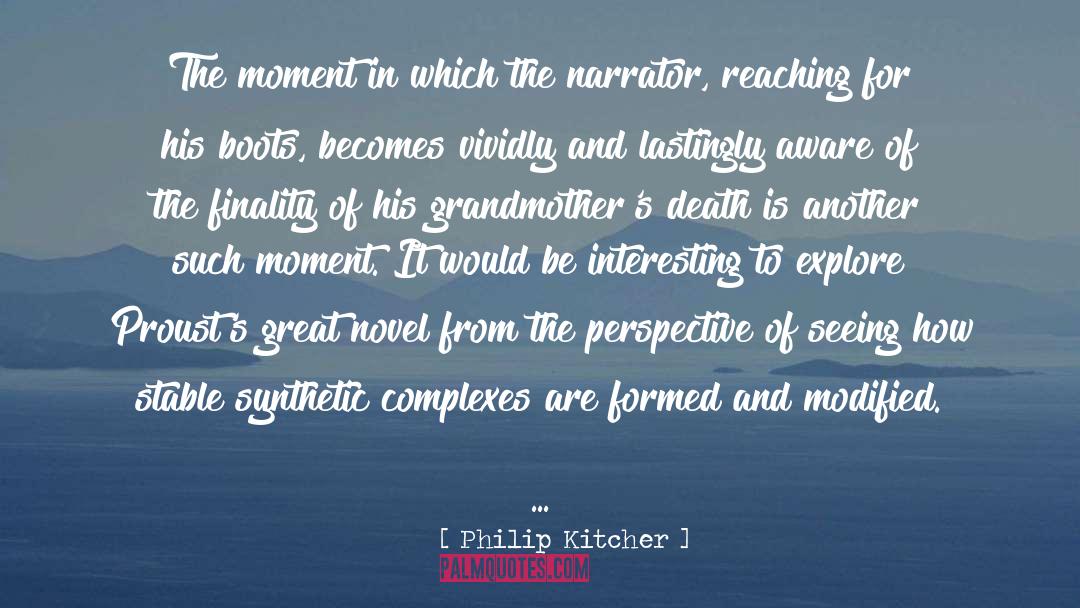
One goal of ethical inquiry might be to uncover strategies available for use when values conflict or when rules are incomplete.
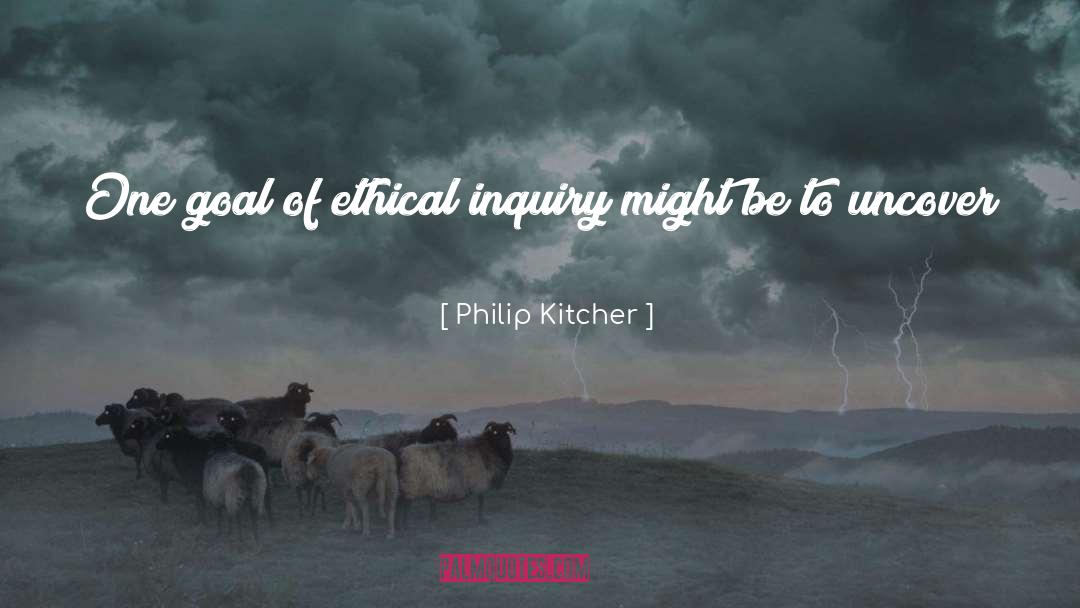
Mann's Death in Venice actually contains a snippet of philosophy about the second question, when Aschenbach, collapsed in the plaza, engages in his quasi-Socratic, anti-Socratic, ruminations.

I read Aschenbach's constant desire to go beyond the works he has already produced to be the counterpart of Mann's deep wish to surpass his previous fiction; sometimes the diaries express this in terms of a dejected judgment that the summit has already been reached.
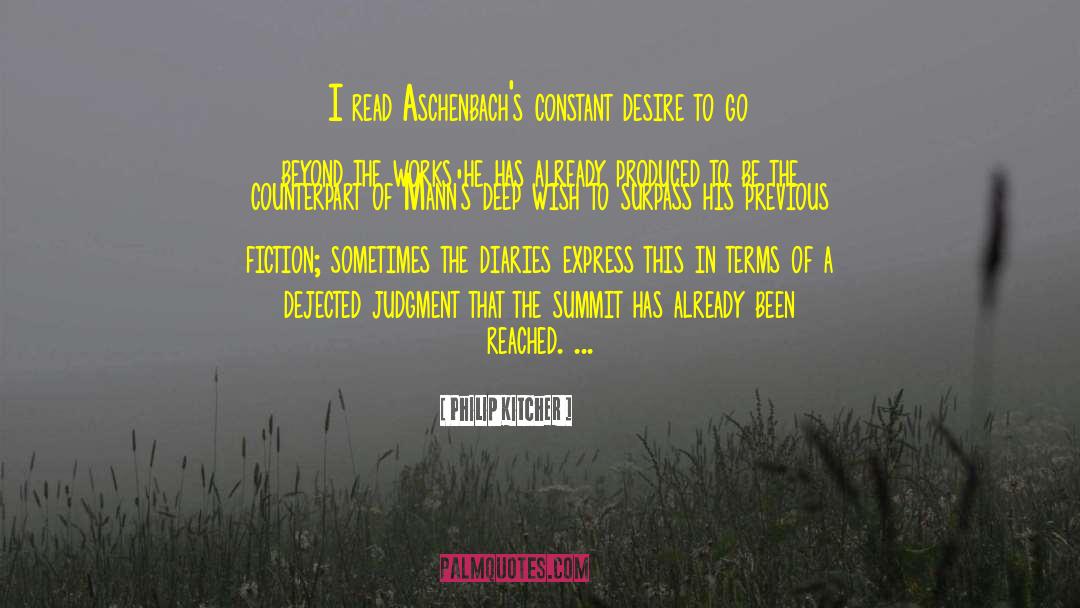
I take the ethical truths to be the stable elements that emerge out of ethical progress and that are retained under further ethical progress.

The point of philosophy, as I see it, is to change thinking, and thereby to change the conversation.

My ideal of conversation that includes wide representation of perspectives, informed by the consensus view of current experts, pursued with an attempt to find a position with which all can live, brings the expert and the public dimensions together.
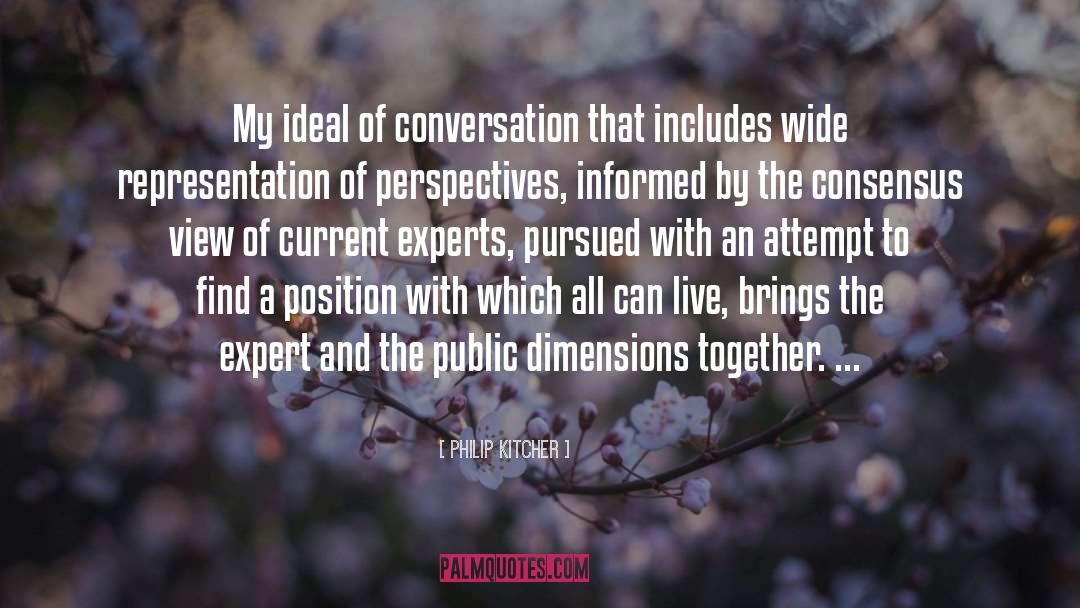
I think the tone of mockery Heller finds is a part of Mann's irony, but only a part - a brilliant further touch consists in juxtaposing perspectives so that we're led to wonder whether the mockery itself is the last word.
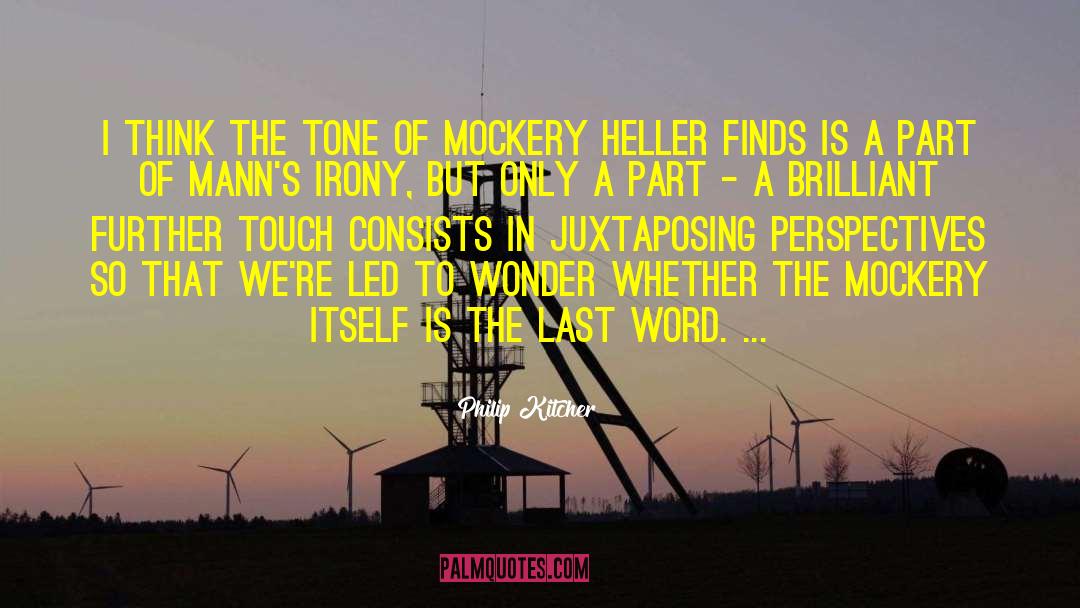
We find in the novella a seamless interweaving of at least two narrative voices, one of which is that of an observer so sympathetic that his language appears to be Aschenbach's own, the other of which is superficially celebratory (except at the moment of moralistic condemnation) but undercuts Aschenbach by means of an ironic detachment.

I believe that the arts make indispensable contributions to our understanding.
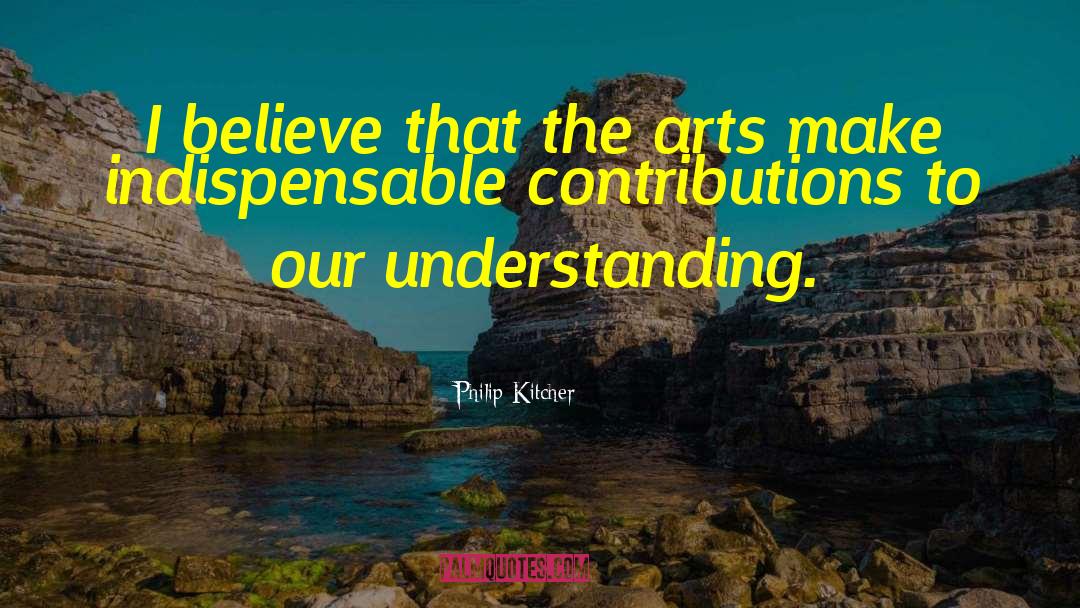
I don't deny that scientific investigation is capable of delivering important truths about nature, but that doesn't stop questions about whether, as it is practiced, science today lives up to its potential for benefiting humanity.
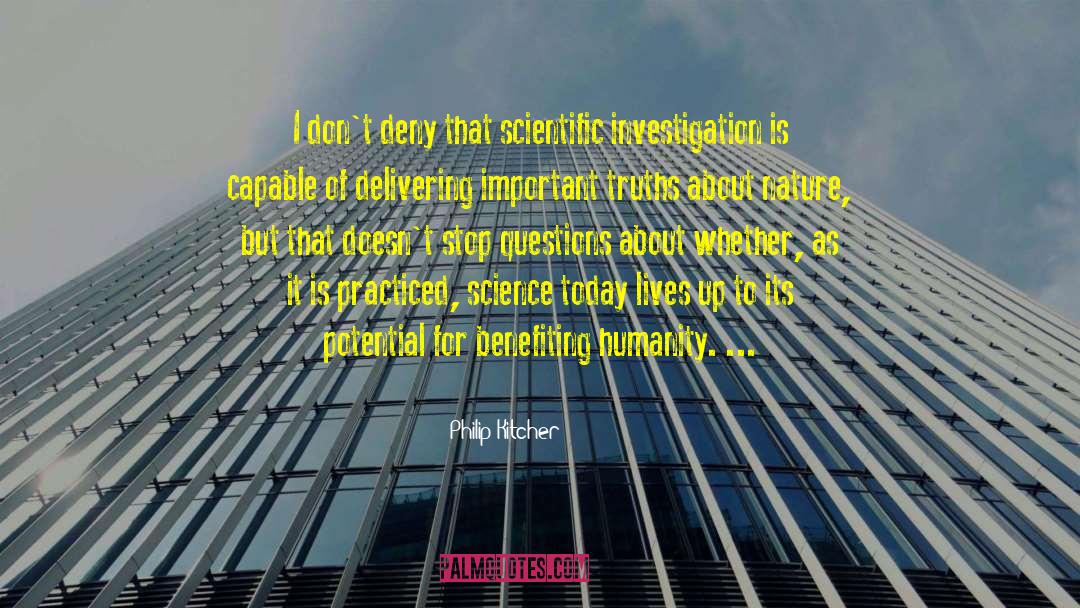
Secular humanists should recognize those forms of religion as allies in the struggle for human advancement. They should also learn from them, as they try to build a fully secular world in which people can have the opportunity to live rich and fulfilling lives.

So my methodological approach is to draw on many different features in highlighting different facets of the novella (and the opera and the film).

I use biography, I use literary connections (as with Platen - this seems to me extremely helpful for appreciating the nuances of Mann's and Aschenbach's sexuality), I use philosophical sources (but not in the way many Mann critics do, where the philosophical theses and concepts seem to be counters to be pushed around rather than ideas to be probed), and I use juxtapositions with other literary works (including Mann's other fiction) and with works of music.
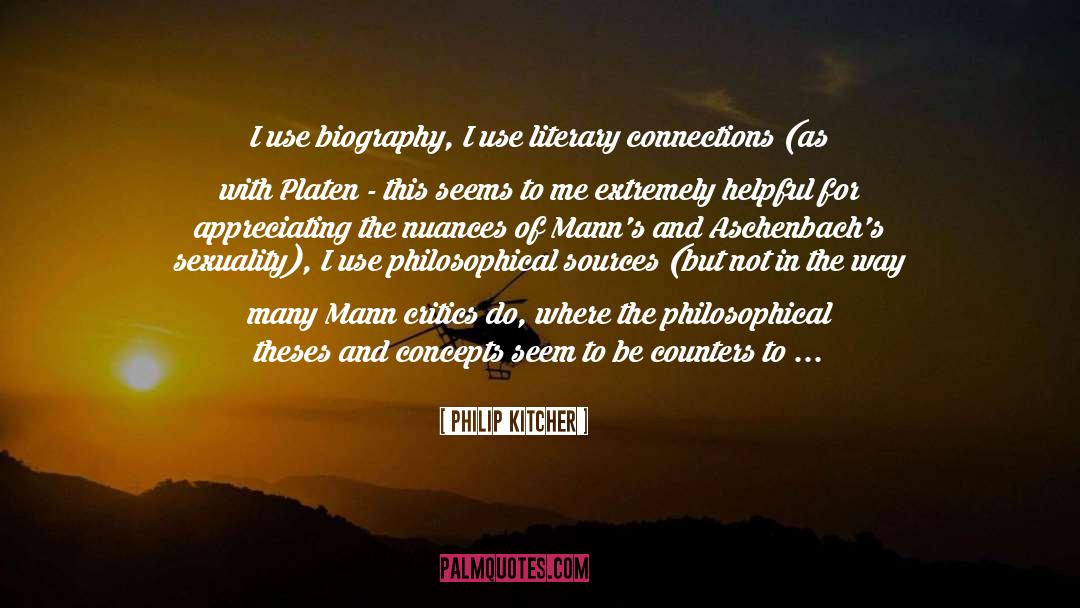
I'm often quite gloomy about the prospects for the human future. But, although I have no competence to intervene directly in a political movement, I hope that what I write may, in combination with the suggestions of others, cause a shift in perspective that will inspire a world-wide movement to accept the only solution to climate change. And before it's too late.
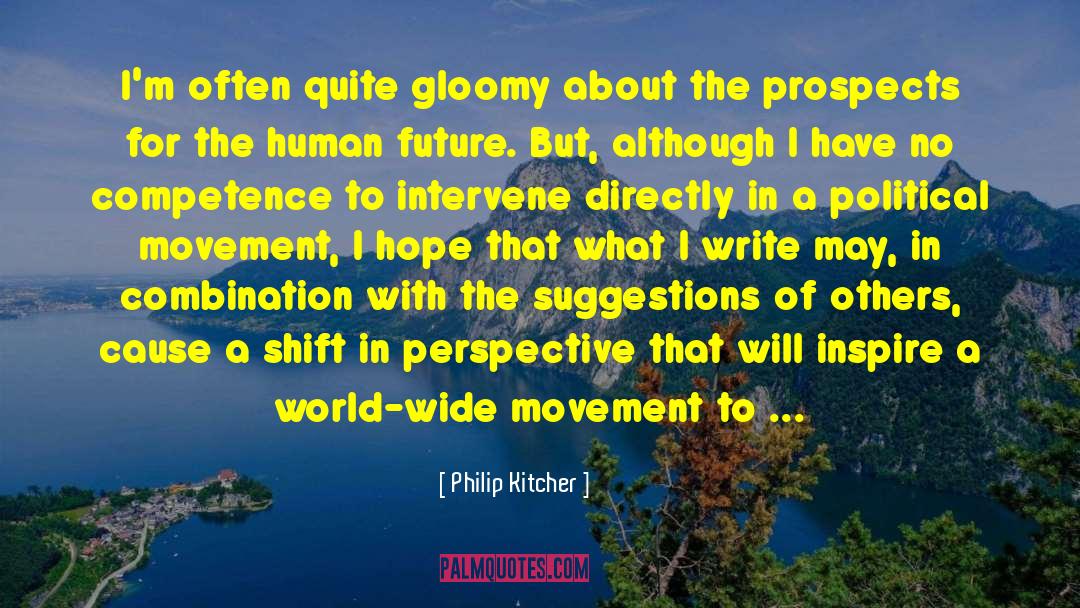
Thomas Kuhn's book The Structure of Scientific Revolutions has probably been more widely read - and more widely misinterpreted - than any other book in the recent philosophy of science. The broad circulation of his views has generated a popular caricature of Kuhn's position. According to this popular caricature, scientists working in a field belong to a club. All club members are required to agree on main points of doctrine. Indeed, the price of admission is several years of graduate education, during which the chief dogmas are inculcated. The views of outsiders are ignored. Now I want to emphasize that this is a hopeless caricature, both of the practice of scientists and of Kuhn's analysis of the practice. Nevertheless, the caricature has become commonly accepted as a faithful representation, thereby lending support to the Creationists' claims that their views are arrogantly disregarded.

A different vision of ethics is that of a collection of resources people can use to act better. The resources might be firm rules that could always be relied on. Or they might be ideals that could often be followed without thinking but that sometimes conflicted with one another.

Many of the greatest works of philosophy seem to me to be valuable not because of their arguments, but because they offer us perspectives that open up new possibilities. They show us how we might start in different places, and not buy into the assumptions tacitly made on the first pages of the philosophical works that have influenced us.

I don't think readers of Mann have overlooked the fact that he was a great ironist, but they have tended to see the irony in particular parts of the novella, and to miss it in others.
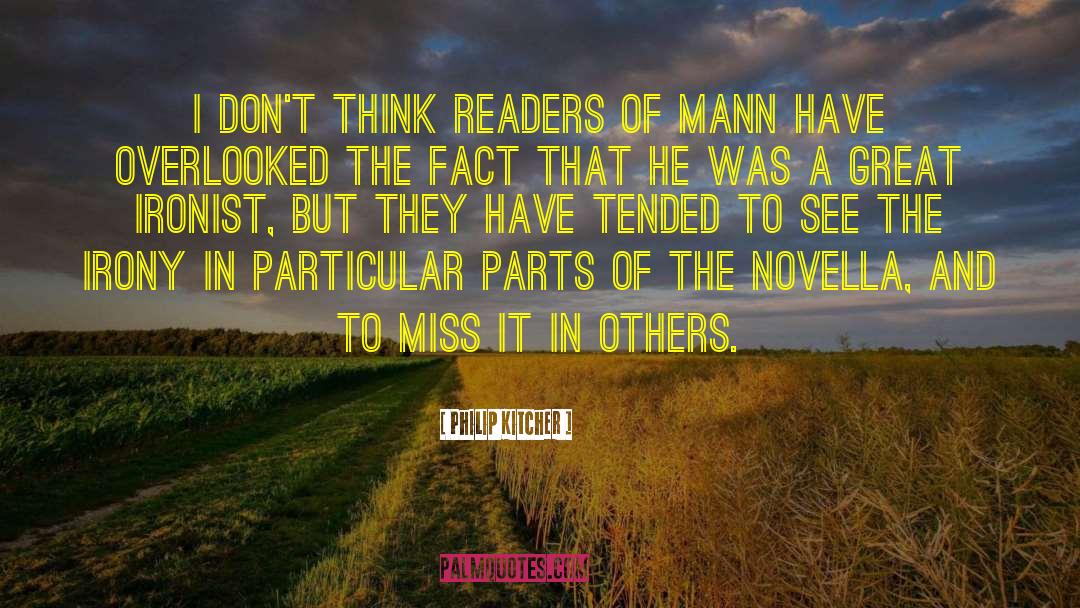
In my view, we ought to replace the notion of analytic philosophy by that of synthetic philosophy.
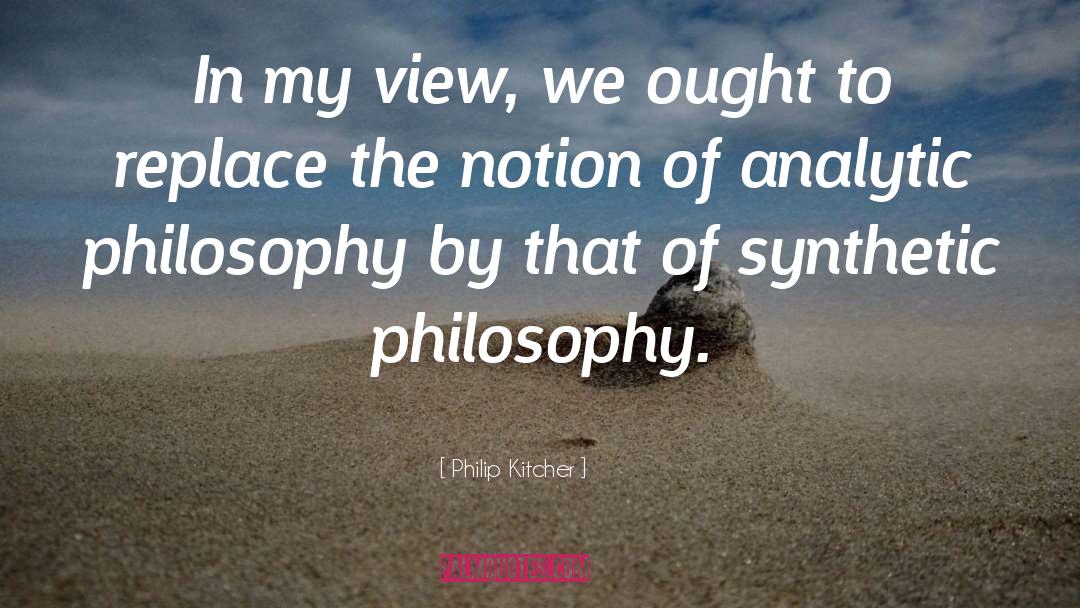
Any writer who could handle all these different voices would deserve high praise, but to do so without any sense of jarring or incoherence is an extraordinary accomplishment.
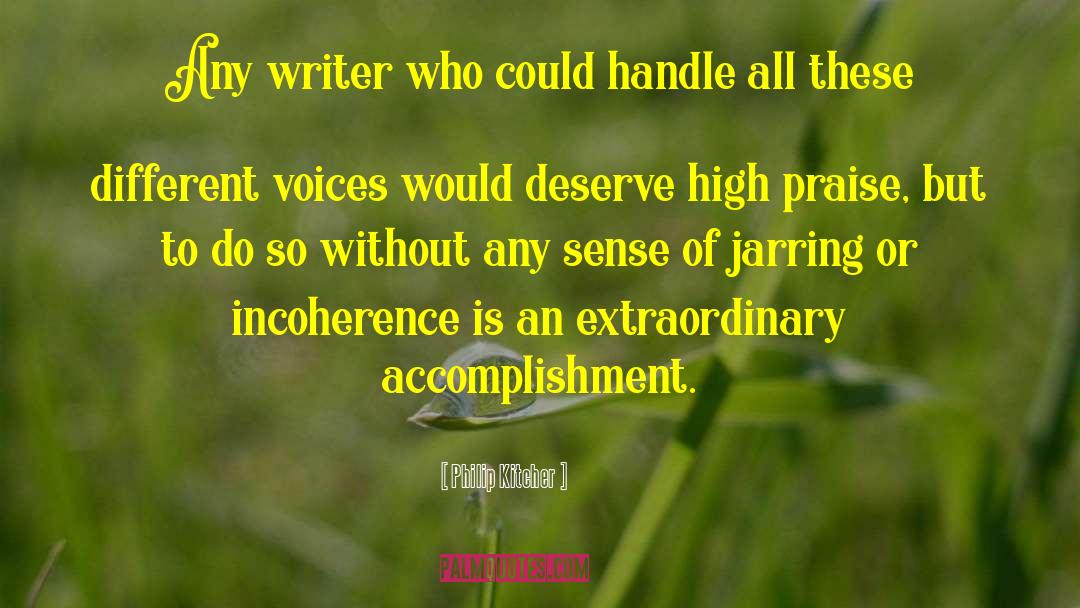
In my current work on global warming, I argue that the only apparent solution to the deep problem of climate change would require very large transfers of wealth from rich nations to poor nations, so that the entire world can make the transition to renewable forms of energy as fast as possible.
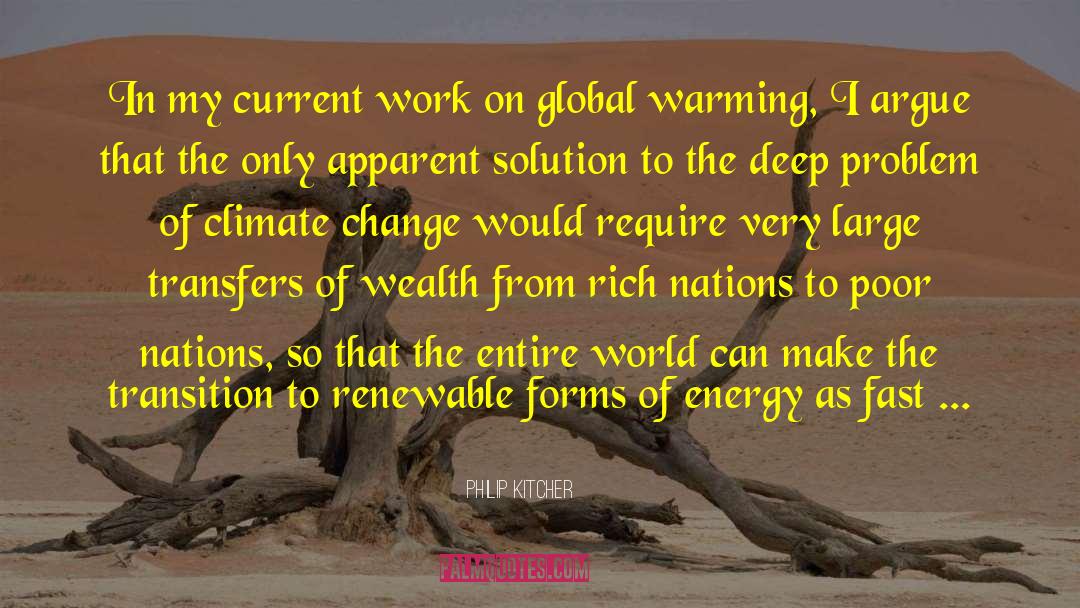
Those citizens are distracted by the toys technology has supplied, and fail to recognize the ways in which what they most deeply want is made vulnerable by the coming disruptions of human relations on an over-heated planet.
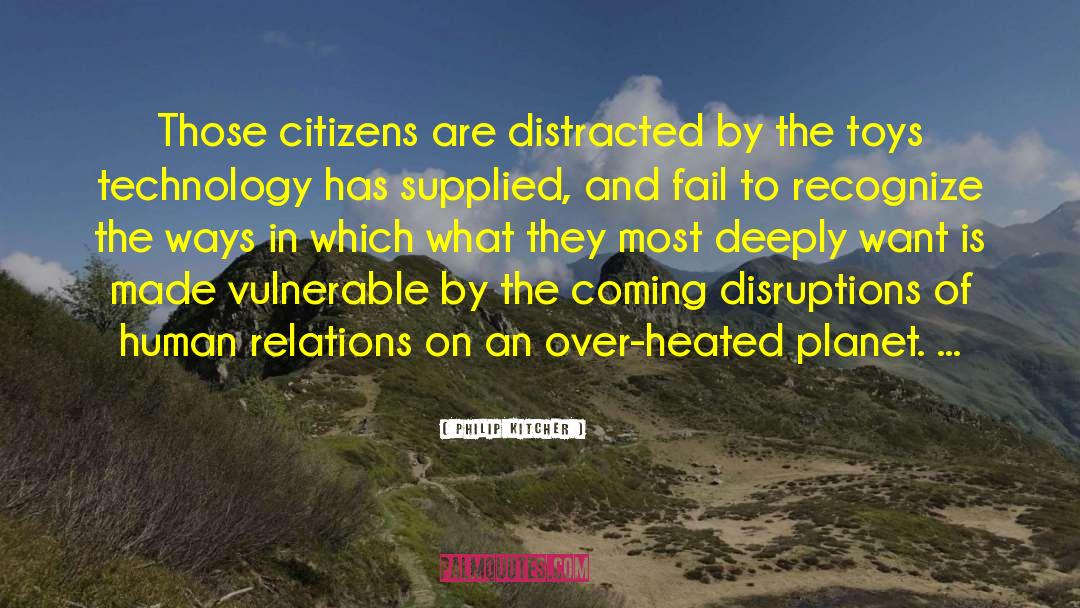
I don't think that anything of any consequence is known a priori: all our knowledge is built up by modifying the lore passed on to us by our ancestors in light of our experiences, and the best a philosopher can do is to learn as much about what has been discovered in various empirical fields, and use it to try to craft an improved synthesis.
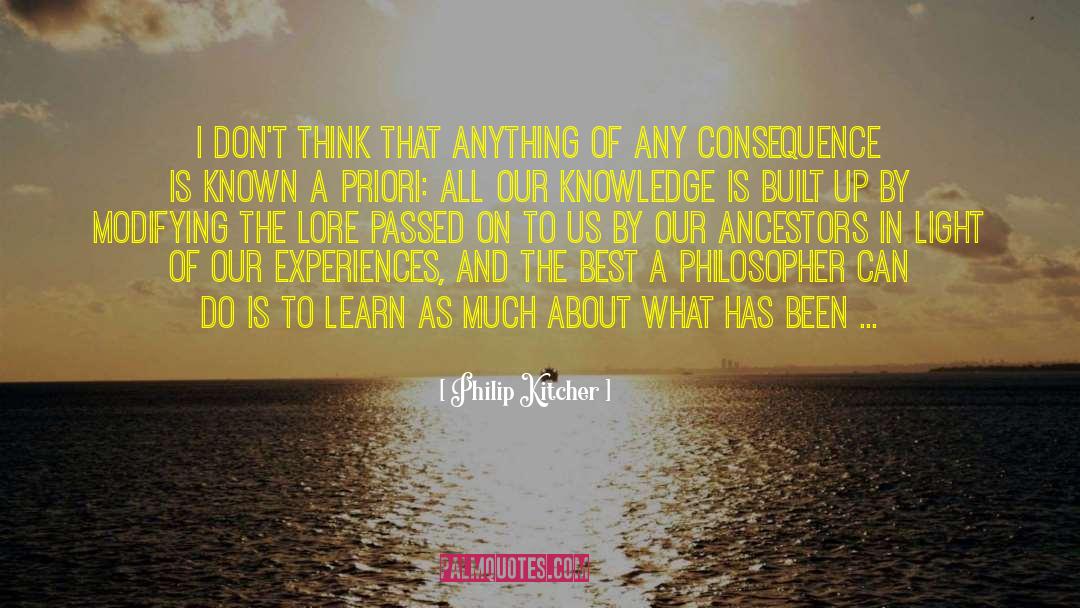
The expert is a midwife. The expert is not someone who has the authority to pronounce the last word on the subject.

Sometimes, of course, the artist does give up, saying, in effect, "I've done enough". Prospero declares that the revels are ended, and breaks his staff - his author retires to Stratford. At the very end, Mann did something similar. Interestingly, in both instances, death came quite quickly after that.

Mann was less interested, I think, in constructing any kind of "portrait of an age" than he was in delineating an individual consciousness in which profound struggles about identity and direction arise - struggles that Mann himself had not only reflected on but felt keenly. Visconti takes up this central focus of the novella, but he couples it with a more social perspective.

Mann was conscious of adopting different perspectives in different parts of the novella, but my guess is that there are plenty of passages in which the resonance of the words he chose struck him as exactly right (even though he didn't probe to discover exactly what tone or narrative device gave them that effect).
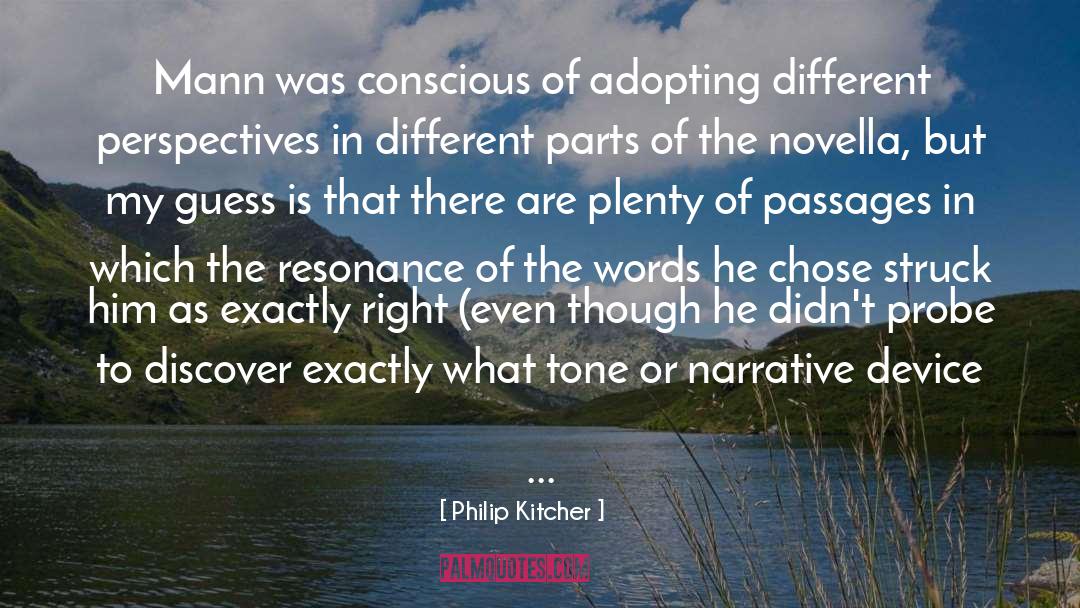
We know that he gave Aschenbach Mahler's first name, and also his facial features. So Visconti picks up on something interesting. That led me to think about ways of developing further the Aschenbach-Mahler connection.

Aschenbach is not only a projection of Mann in the obvious ways - same daily routines, author of the works Mann had planned - nor even in sharing his author's aspirations, doubts, and sexual identity. His watchword, "Durchhalten!" [persevere, keep going] could be Mann's own.

Critics who perceive the first level of Mann's irony recognize that the second voice is giving us reasons to be dubious about various aspects of Aschenbach's life and work. But many of them don't appreciate the second level of irony, the one exemplified in setting this narrative voice alongside the more sympathetic one, and inviting us to choose.
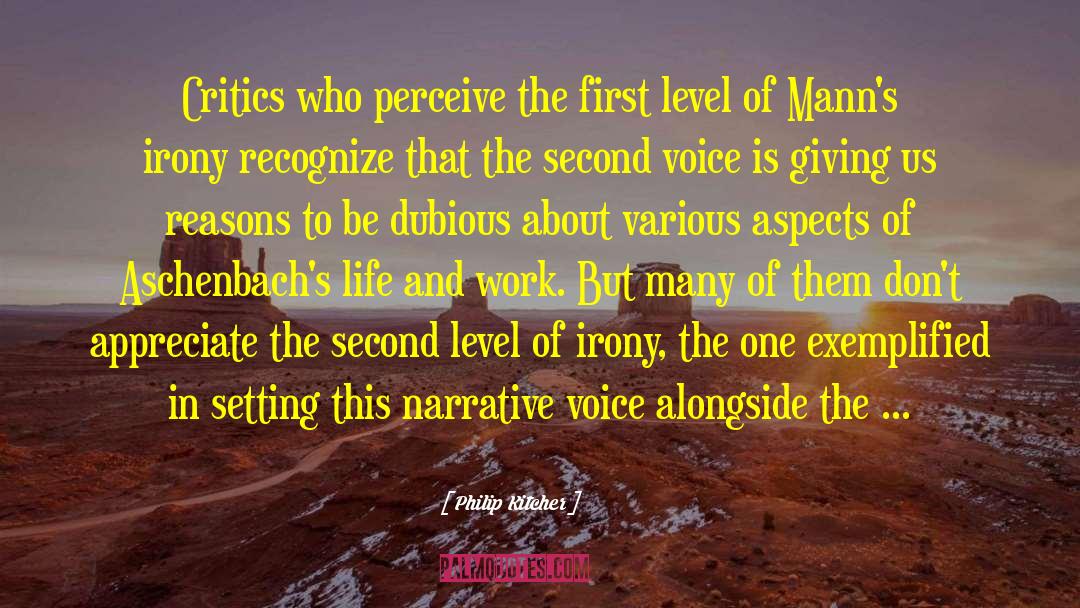
Mann is widely recognized as a master of irony and ambiguity, yet it's remarkable how quickly people foreclose options he carefully leaves open. Lots of readers - including eminent critics - jump to conclusions: that Nietzsche's Birth of Tragedy is a central background text, that Aschenbach is an inferior writer, that he's never been attracted by pubescent male beauty before, that he dies of cholera.

Most influential of all is the philosopher Stanley Cavell, and a younger generation of philosophers who have attempted to follow his pioneering work in thinking about literature philosophically.
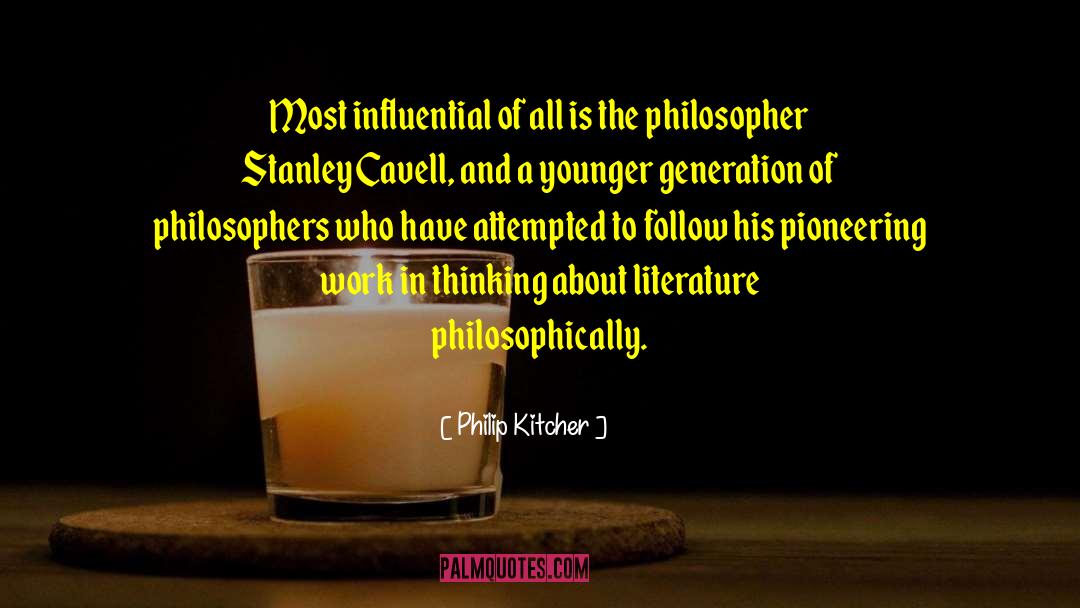
Part of my methodological approach is made explicit when I discuss ways in which literature can have philosophical significance. Literature doesn't typically argue - and when it does, it's deadly dull. But literature can supply the frame within which we come to observe and reason, or it can change our frame in highly significant ways. That's one of the achievements I'd claim for Mann, and for Death in Venice.
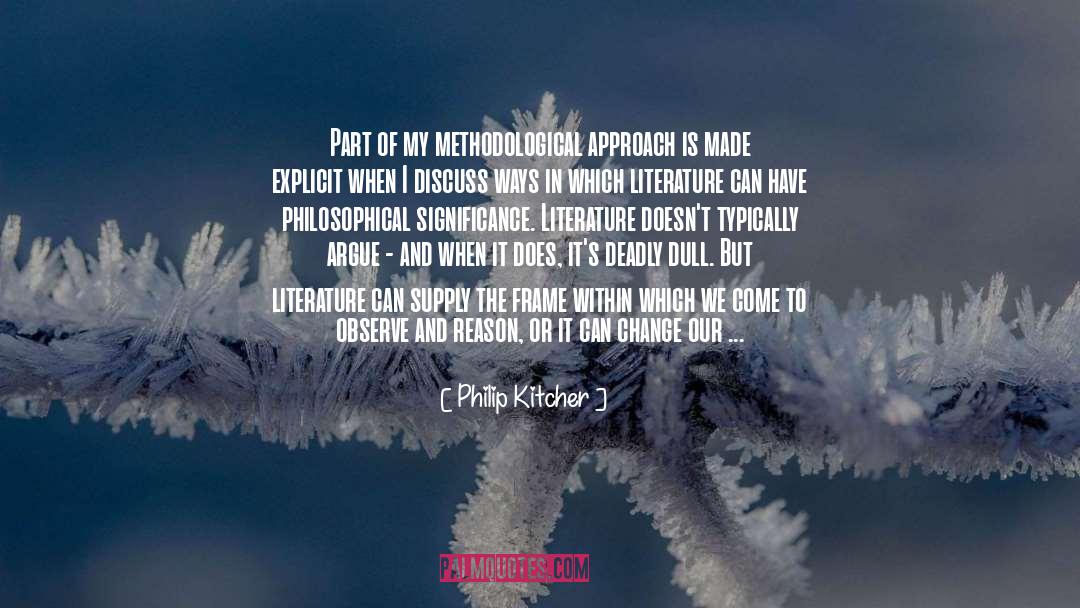
I'm a fan of Hugh Kenner, Richard Ellman, Lionel Trilling and Frank Kermode. All these people have taught me how to read - but perhaps, above all literary critics, I'm indebted to Wayne Booth (several people have suggested to me that I'm trying to reinvent "ethical criticism").

